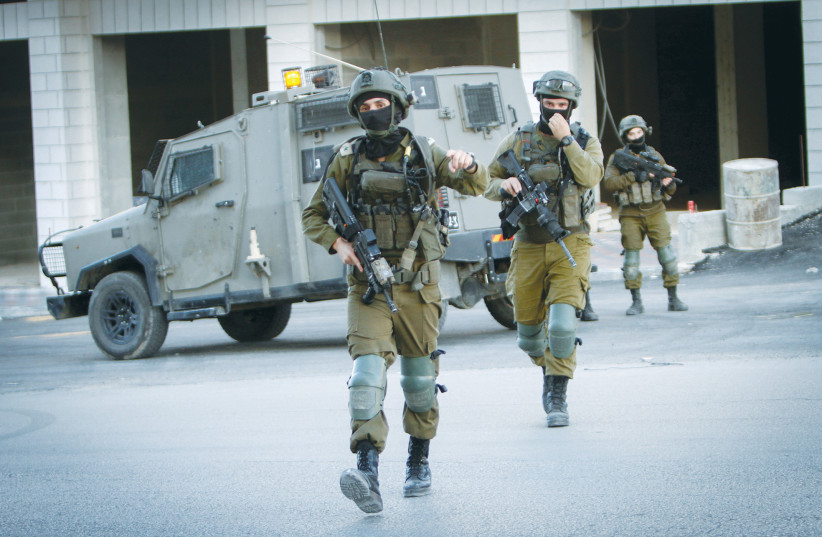Israel's government on Sunday extended by three months a provision to raise the age at which IDF reservists are released from their duties amidst public debate over the division of the burden of service during the ongoing war between Israel and Hamas.
The decision, which was set to expire on June 30 but now will expire on September 30, says that regular soldiers must serve until age 41 instead of 40, and officers must serve until age 46 instead of 45. The goal, according to Israel's defense ministry, is to avoid a scenario in which thousands of soldiers are instantly released in the middle of war due to them having reached the cut off age.
The decision was met with both legal and political criticism.
Deputy Attorney General Gil Limon wrote in his legal opinion of the decision that the government was legally prohibited from extending the burden of service for some while maintaining a blanket exemption for the ultra-Orthodox (haredi) public, despite the fact that this exemption was no longer legal and that the state was required to recruit them.
The government initially requested to extend the provision by half a year until the end of 2024. Limon wrote in his opinion that despite the legal difficulties, the state could extend it for just three months in order to meet immediate security demands. According to Limon, this was contingent on the fact that the defense ministry fulfills its commitment to act immediately to "exhaust the manpower potential in the general population, in order to decrease the burden on those who are already serving, and decrease inequality."
The provision is an amendment to a law, and therefore still requires the approval of Israel's Knesset before coming into effect.

Opposition leader MK Yair Lapid said in a statement following the decision, "There is no shame. The reservists and taxpayers are collapsing, and [Prime Minister Benjamin] Netanyahu and the extremists are loading the burden onto them, continuing evading responsibility, and smiling [while doing so]," Lapid said.
IDF Chief of Staff Hertzi Halevi addressed the issue of the haredi draft on Sunday during a situational assessment and tour in the central Gaza Strip, calling it a "clear need."
“We want to expand the base as much as possible - of those who come to enlist, I tell you that there is an opportunity for change in the ultra-Orthodox community, (the base) is not broad enough, but there is a desire for change," Halevi said.
"We want to move forward, not because it's nice, [but] first of all because it's necessary. A battalion that we establish today, will hold a sector in the Jordan Valley, will hold a sector in Judea and Samaria, will hold a defensive position here. Every such battalion that we establish, an ultra-Orthodox battalion, decreases the need for the deployment of many thousands of reservists thanks to the mandatory service people," Halevi said.
The decision came a week after the governing coalition advanced a bill to regulate the issue of the haredi draft, adopting a text that passed its first reading in 2022 and is widely regarded as insufficient to fulfilling the IDF's manpower needs.
Coalition Knesset members explained that the bill will be modified to meet current requirements during preparation in the Knesset Foreign Affairs and Defense Committee (FADC), which will begin its work on the bill on Tuesday.
